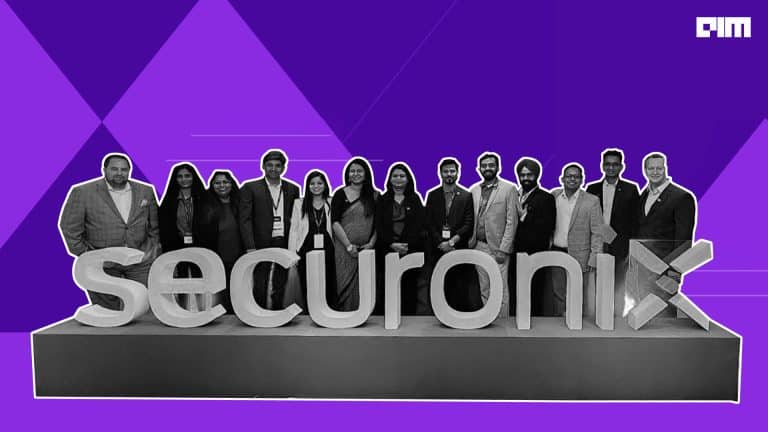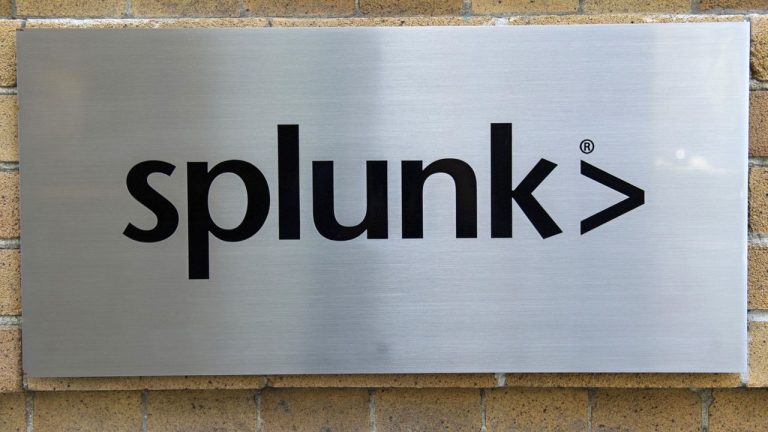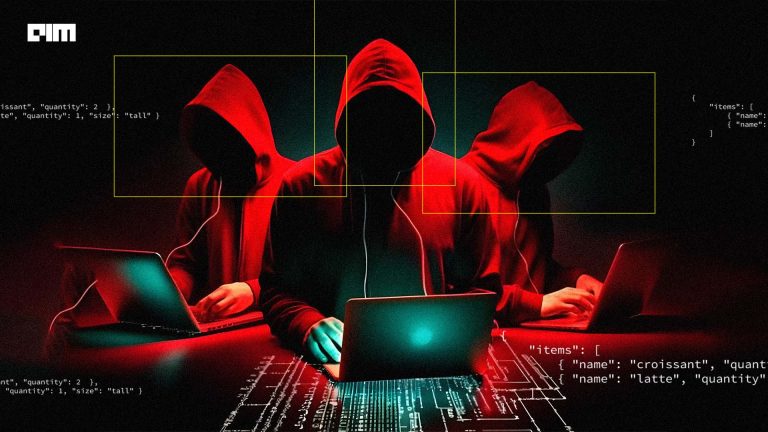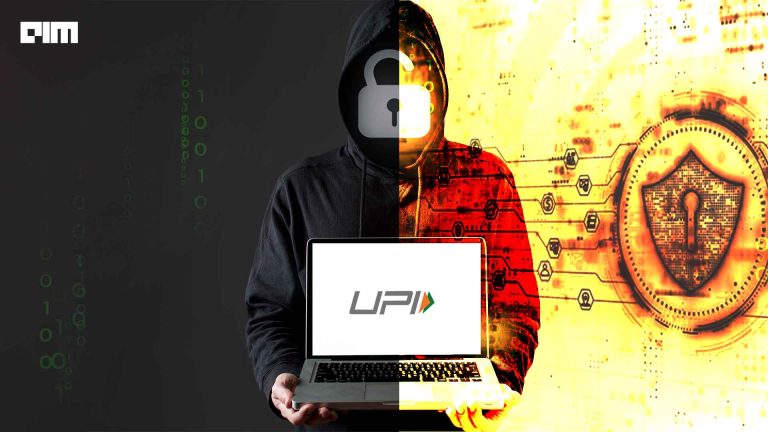DevSecOps entails building security as a culture with continuous, flexible collaboration between developers and security teams. This has resulted in the creation of tools and techniques which are targeted at achieving enhanced security at different stages of the DevOps chain.
Data security issues today can put customers and stakeholders at risk, inviting significant penalties under regulations like GDPR and other compliance rules. As such, developing security measures for new software code and addressing security issues as they appear have both become crucial focus points in recent years. It involves regular threat assessments, adding more tests to automated processes, and so on.
Still, multiple cybersecurity and compliance monitoring solutions have been unable to keep up with the speed of change as they were not created for the needs of DevOps. This means that security could very well be a significant hurdle in software innovation. Unfortunately, hackers tend to exploit vulnerabilities that were accidentally created by DevOps.
With an increase of cyberthreats today, it is vital that organisations and developers incorporate standard security protocols within DevOps — the practice is known as DevSecOps. As an extension of DevOps, DevSecOps aims at bringing in security earlier in the life cycle of software development and eliminating vulnerabilities to bring security closer to IT and business objectives. According to experts, based on the collaborative framework of DevOps, security should be shared with everyone and integrated from end to end.
DevSecOps entails building security as a culture with continuous, flexible collaboration between developers and security teams. This has resulted in the creation of tools and techniques which are targeted at achieving enhanced security at different stages of the DevOps chain. It is for this reason that the DevSecOps Market size is estimated to rise from $1.5 Billion in 2018 to $5.9 Billion by 2023, at a CAGR of 31.2% during the time frame.
Automating & Fixing Security Challenges
DevSecOps is found to reduce the need for security architects to configure security consoles manually. This means that critical security issues are dealt with as they become apparent, not after a threat or compromise has occurred.
DevSecOps practices are believed to lead to reduced operational expenditure by utilising process standardisation and automation processes, also to completely control and availability of an environment based on users’ needs. The advantages are that it would lead to more automation from the beginning and reduce the chance of software errors or mistakes, which usually results in downtime or attacks.
Security challenges are dealt with as they are discovered, not after a threat or compromise has taken place, which is the opposite of what the norm is today. Research has found that that in-production web apps in the AWS and Azure cloud ecosystems, it takes an average of 38 days for a company on average to patch a vulnerability, regardless of its severity level, and 34 days to patch its most critical CVEs.
Is DevSecOps Training Needed For DevOps & Security Professionals?
DevSecOps include things like picking up the correct tools to continuously integrate security, for example, deciding on the integrated development environment (IDE) with security features. According to analysts, DevOps and security teams need to be taught how to approach security jointly as when approached separately, it is impossible to achieve DevSecOps.
Integrating security into DevOps to build DevSecOps needs new mindsets, processes, and tools. This has led to training courses that cover the DevSecOps processes with a focus on securing both legacy and hybrid cloud environments, and best practices for cybersecurity for traditional Continuous Integration and Continuous Deployment (CI/CD) pipelines. Such courses may appeal to CISOs, IT security professionals, testers and quality assurance teams, DevOps engineers, software and IT managers, etc.
DevOps specialists can get trained in securing program, securing application configurations and using secured frameworks. While becoming certified is not needed for becoming a DevSecOps engineer, educating yourself with an accredited course may be one of the most useful things to get the skills for this the knowledge and skills required for this newly-evolving skill.



















































































